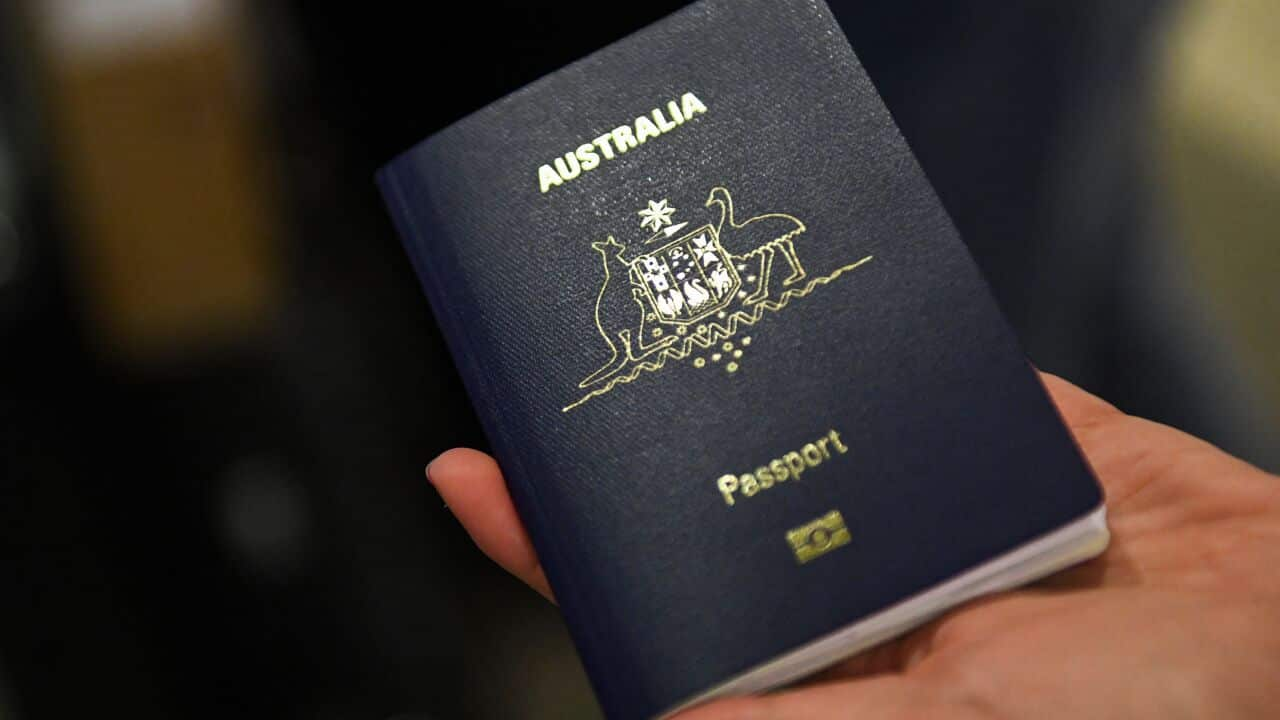KEY POINTS:
- The Department of Foreign Affairs and Trade has revealed where Australians most often find themselves in trouble.
- Assaults on Australians overseas have risen, as has the number of Australians arrested.
- However, the number of 'crisis cases' DFAT deals with has plummeted.
Ever wondered where Australians on overseas trips run into the most trouble?
As Australians begin to travel overseas at pre-COVID-19 pandemic rates, the Department of Foreign Affairs and Trade (DFAT) has provided some answers.
The Consular State of Play 2022-23 shows where Australians most often — whether it's because they've lost a passport, woke up in hospital, or been caught up in a natural disaster.
In 2022-23, DFAT's consular emergency centre answered over 48,000 calls — roughly one every 11 minutes — and the overall number of consular cases spiked by 17 per cent compared to 2021-22.
Here are some key takeaways.

Southeast Asia a hotspot
Asia dominated the countries where Australians needed the most support, and Southeast Asia was a particular hotspot.
Tourist destinations Thailand, the Philippines, and Indonesia led the pack, with DFAT having to respond to 778, 610, and 512 consular cases in those three countries, respectively.



Arrests climb, but not to pre-pandemic levels
The number of Australians arrested or placed in overseas immigration detention has climbed slightly.
There were 740 arrests of Australians overseas — a 26 per cent increase — with China alone accounting for 66.


And while they're on the rise again — climbing to 969 cases — they remain well below pre-pandemic levels.

Thefts, assaults, and stolen passports
Australians reported having their possessions stolen in Brazil more than any other country, with DFAT handling 49 cases of theft.
With 41 theft cases, Italy was well above the Philippines (9), Vietnam (6), and South Africa (6).

The countries in which the most lost or stolen passports were reported were:
- The United States: 452
- Italy: 387
- The United Kingdom: 315
- France: 230
- Spain: 203
While local authorities are tasked with investigating crime, DFAT does intervene to assist victims of serious assault.
That includes helping them report the crime to authorities, facilitating access to medical and psychological care, and linking them to translation and legal services.
Serious assaults on Australians abroad increased 54 per cent compared to the year prior, and were most common in Thailand, Indonesia, Fiji, Greece and South Korea.

Crisis cases plummet
DFAT routinely scrambles to provide assistance to Australians impacted by crises overseas — think natural disasters and sudden outbreaks of conflict.
But the 808 "crisis cases" it handled last financial year represented a significant fall from the years prior.

DFAT was also forced to respond to devastating earthquakes across Türkiye and Syria in February. Source: AAP / EPA
But the latest data is still well below those registered in the three years before that: 7,008, 3,072, and 4,593 cases, respectively.
Those figures don't include the more than 62,000 returns that DFAT was forced to facilitate between 2020 and 2022 due to the COVID-19 pandemic.
The latest figures don't cover the outbreak of the Israel-Hamas war, which began in October, but does include responses to the Sudan civil war, the Türkiye and Syria earthquake in February, and the Russia-Ukraine conflict.

